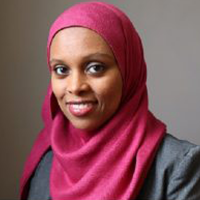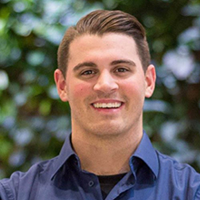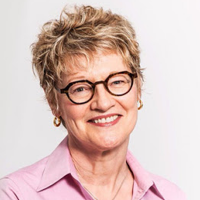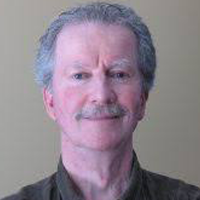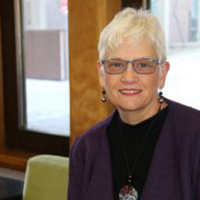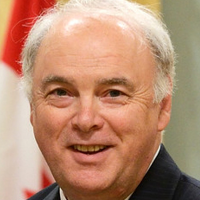
Murray Angus
Alumni
Founder, Nunavut Sivuniksavut
Master of Social Work (‘80)
When Murray Angus was a university student in the mid-1970s, Justice Thomas Berger was leading the Mackenzie Valley Pipeline Inquiry, investigating an oil pipeline that would run through Indigenous lands in Canada’s North.
At the same time, Mr. Angus saw the hardships endured by his Indigenous neighbours in Thunder Bay, Ontario.
“I grew up with one foot in the reserve, one foot out,” he recalls, “and that made me conscious of how treaties impacted people’s position in society. I also recognized that you only get one kick at the can when it comes to land claims treaties.”
That realization spurred him to activism, supporting the First Nations communities who opposed the pipeline.
It also led to a lifelong interest in land claims agreements, which was his focus in the policy and administration stream in the School of Social Work.
“Social Work gave me the time and resources to develop my own understanding of the government’s relations with aboriginal people in the North. It’s no exaggeration to say that this experience provided me with the basis for what I’ve done ever since,” he says.
His “life’s work” was Nunavut Sivuniksavut, a unique college program in downtown Ottawa that prepares Inuit youth for leadership roles in Nunavut and beyond. Nunavut Sivuniksavut means “our land is our future”.
“Inuit students weren’t learning about land claims in schools back home, so we started helping them understand the relationship between themselves and the federal state,” says Mr. Angus, who founded the school in 1985 and recently retired. “They eat it up because it explains how their world came to be. Inevitably, they ask why they haven’t learned this before.”
He finds the lingering “traumatic” effects of the residential school system make it difficult for Inuit families to send their child to “the South” for school. That’s why the school’s community is as important as its classes.
“The relationships in our program are the glue that holds the whole place together,” says Mr. Angus, whose staff is available 24/7. “The students leave with a lot of clarity about their identity as an Inuit and pride in who they are. It breaks down huge walls for them and after that, the sky’s the limit.”
In its annual survey of alumni, Nunavut Sivuniksavut found 71% of its students pursue post-secondary education. The unemployment rate is extremely low. And almost all of them are eager to return to Nunavut to contribute to their community.
“What young people are doing in the North is amazing. There’s a cultural renaissance happening today amongst Inuit youth,” says Mr. Angus. “Our students are playing a significant role in its development.
Mr. Angus was named a Member of the Order of Canada in 2014 “for his varied contributions to building awareness and respect for Canada’s Native people and their traditions, and for the role he has played in empowering Inuit youth as one of the founders of the Nunavut Sivuniksavut college program in Ottawa.”
